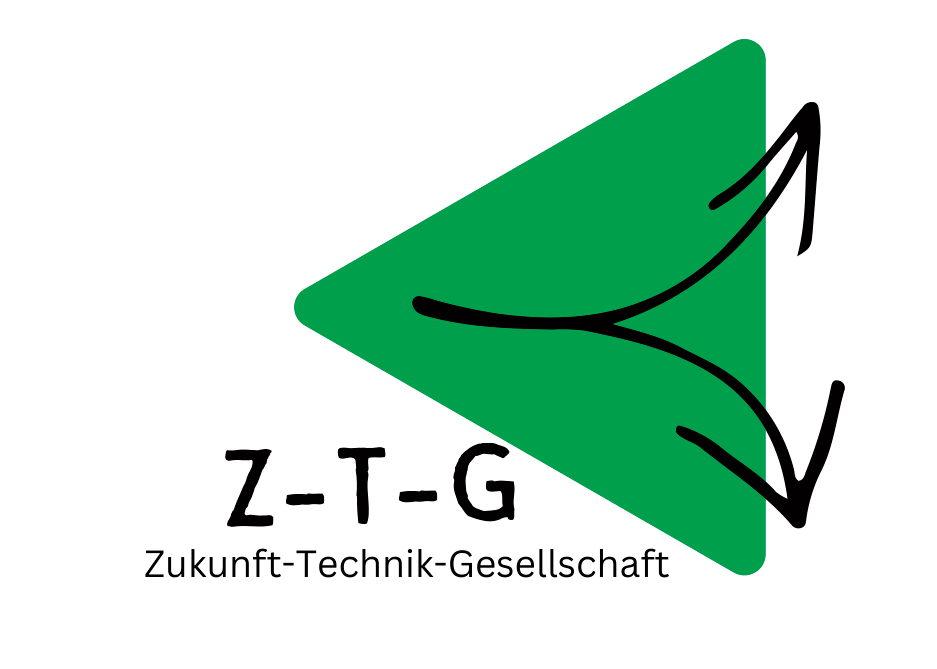Carbon Management in a Circular Economy: Potentials and Future Paths for Styria (Z-T-G 003)
The globally available carbon budget to meet the Paris climate targets is visibly diminishing and many different development pathways can be identified to meet this budget constraint. Some of these future pathways include engineering and nature-based options that prevent greenhouse gases (GHGs) from entering the atmosphere, thereby avoiding further radiative forcing. This project targets the various ways GHGs can be systematically managed and links them to strategic and circular economy considerations for the Styrian R&D community and industrial applications.
The technical capture of GHG can take place directly at the emission source (carbon capture) or indirectly at the atmospheric immission sink (direct air capture). Subsequently, storage in geological formations can take place, although there is currently a moratorium on this for commercial purposes in Austria. Such options are currently being pursued in Austrian research projects, going beyond storage (CCS "carbon capture and storage"). Geological intermediate storage of GHG is being pursued as an integration service for volatile renewable energy forms (RAG, "Underground Sun Conversion"), thereby transferring GHG into value-adding forms of use (CCU, "carbon capture and usage") and thereby establishing a circular economy approach. Austrian CCU approaches exist in the cement (Lafarge, Verbund, OMV, Borealis - C2PAT) and waste management (OMV, ReOil) sectors. Nature-based approaches, such as reforestation, and bioenergy use in combination with carbon capture (BECCs), represent further options that would even go beyond net zero and allow negative emissions (e.g., in thermal use of wood, capture of the resulting CO2, in combination with sustainable reforestation). In addition, the use of solid carbon (as a by-product in pyrolysis processes for hydrogen production) by application in agricultural soils and as an admixture component in building materials such as bricks and concrete is currently being investigated by various scientific actors in Austria.
The aim of the project is to present the development options for carbon management that have already been pursued internationally and in Austria and to locate their most important stakeholders along the value chain, with a special focus on those located in Styria. The significance of these development options for the topic of carbon management and its effective regulation will be elaborated. The project pursues the following research questions:
- Which technical and nature-based approaches to carbon management are relevant for Styria today and in the future?
- Which potentials of the relevant approaches of carbon management exist in Styria?
- Which future paths for carbon management can be derived against the background of the circular economy?
- Which actors and institutional structures (local and national political actors, companies, research institutions, regulations, etc.) play a central role in the realization of future pathways for carbon management?
- Which recommendations for action can be derived for carbon management in Styria?
In order to present the development options for carbon management in Styria, a participatory systems mapping approach is combined with a cross-impact analysis to map innovation systems for carbon management, identify possible socio-technical tipping elements and derive future pathways.
Project team
Universität Graz, Wegener Center for Climate and Global Change
- Karl Steininger (coordinator)
Univ.-Prof. Mag. Dr.rer.soc.oec. - Raphaela Maier
BSc MSc
TU Graz, Institute of Human-Centred Computation, STS--Science, Technology and Society Unit
- Christian Dayé
Mag. Dr. phil.
Universität Graz, Department of Environmental Systems Sciences
- Michael Kriechbaum
MSc PhD - Peter Obersteiner
BA MSC
Montanuniversität Leoben, Chair of Energy Process Engineering
- Markus Lehner
Univ.-Prof. DI Dr.-Ing. - Philipp Wolf-Zöllner
Dipl.-Ing.
Funding agency
Amt der Steiermärkischen Landesregierung, Abteilung Wirtschaft, Tourismus, Wissenschaft und Forschung
Duration
Start: 01.10.2023
End: 31.03.2025
Raphaela Maier, Universität Graz
Christian Dayé, TU Graz
Markus Lehner, Montanuniversität Leoben


